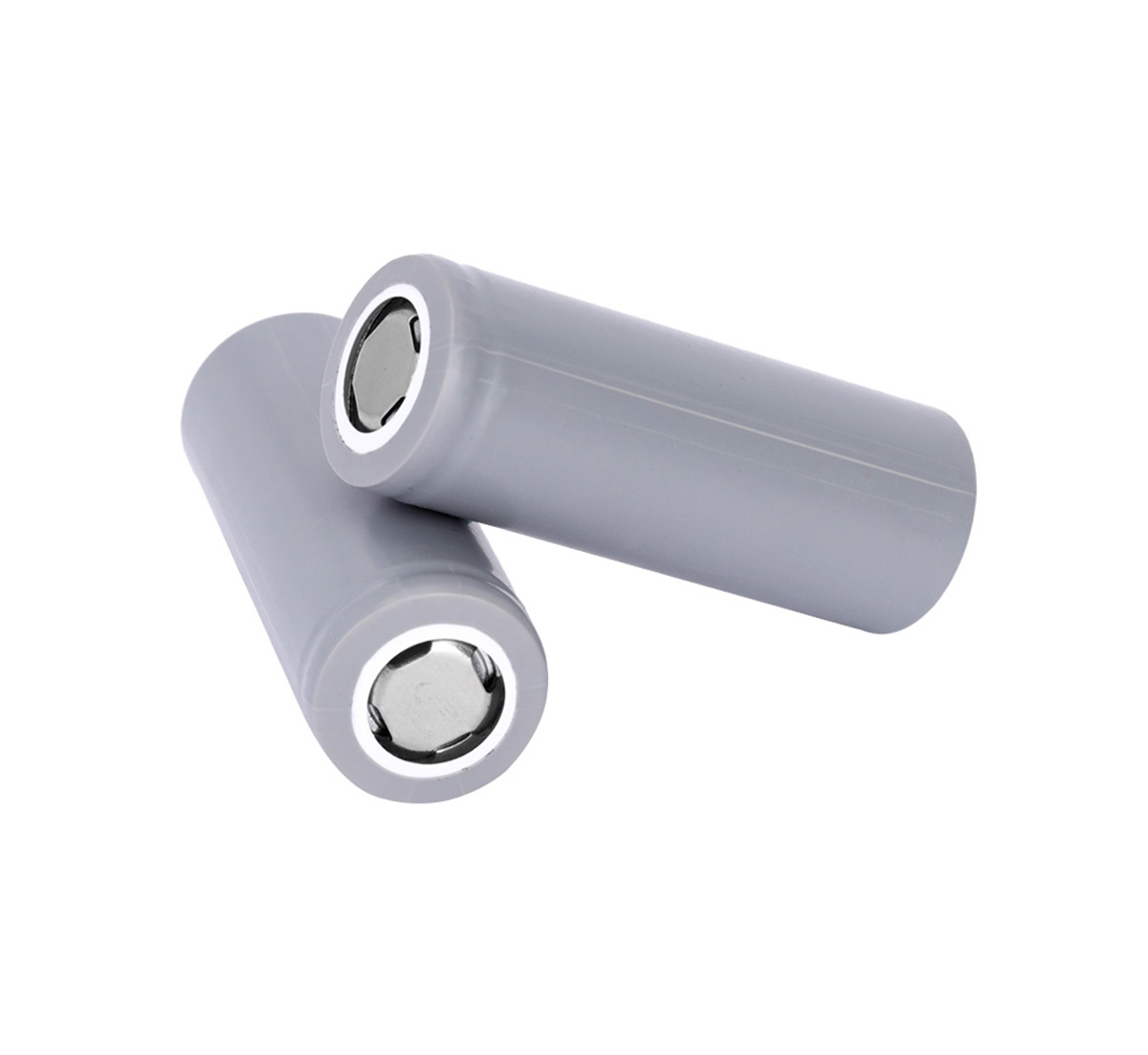Time:2024-03-14 Preview:1 source:News

The production process of polymer lithium-ion batteries mainly includes the following steps:
Preparation of positive and negative electrode materials: The positive electrode material is usually an oxide (such as lithium manganate, lithium cobalt oxide, ternary materials, etc.), and the negative electrode material is usually graphite. These materials need to go through process steps such as mixing, grinding, and screening to ensure their uniformity and quality.
Preparation of electrolyte: The electrolyte of polymer lithium-ion battery is made of polymer and salt dissolved in organic solvent. The preparation process requires controlling parameters such as solution concentration, temperature, and stirring speed to ensure stable performance of the electrolyte.
Preparation of electrodes: Coat the mixed positive and negative electrode materials on aluminum foil or copper foil to form positive and negative electrodes. This step requires precise control of coating thickness and uniformity to ensure battery performance.
Assemble the battery: Pass the positive and negative electrodes through the separator respectively, and assemble them together by rolling or laminating to form a battery core. This step requires ensuring alignment and tightness between the electrodes to prevent short circuits within the battery.
Packaged battery: Place the battery core in polyimide (PI) or polymer film and seal it in aluminum foil or copper foil to form a battery package. This step has strict requirements on sealing to prevent leakage of internal contents of the battery.
Testing and grading: Conduct electrical performance testing and visual inspection on the manufactured batteries, grade them according to performance, and finally leave the factory. Testing includes tests on capacity, voltage, internal resistance, cycle life, etc. to ensure that the battery's performance meets standards.
Related suggestion:
Lithium-ion battery charger circuit principle and design method
How do batteries promote the development of new energy vehicles?